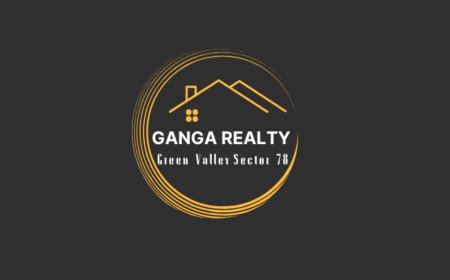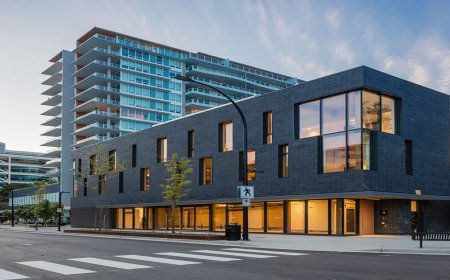Top 7 Tips for First-Time Renters: What to Know Before Signing the Lease

Stepping into the world of renting your first home is both exciting and a little overwhelming. Whether you're moving out for the first time, relocating for work, or simply exploring independence, renting comes with a new set of responsibilities. Unlike living with family or in student accommodation, renting means taking on legal agreements, financial obligations, and the day-to-day care of your space.
Before you sign that lease and pick up the keys, it’s important to go in prepared. Here are seven essential tips for first-time renters to help you make informed choices, avoid common pitfalls, and start this new chapter with confidence.
1. Understand Your Budget (And Stick to It)
It’s easy to fall in love with a stylish apartment or a home with all the bells and whistles. But before you even begin the search, determine what you can realistically afford. A general rule of thumb is to keep rent at no more than 30% of your monthly income. Don’t forget to factor in other costs like electricity, internet, water, renter’s insurance, and groceries.
Make sure you also account for one-time upfront expenses such as the bond (security deposit), first month’s rent, and moving costs. Being financially prepared from the beginning helps you avoid stress later on.
2. Inspect the Property Thoroughly
Photos online can be deceiving, so it’s crucial to inspect the property in person before signing anything. Check for signs of damage, mould, leaks, or pest issues. Open cupboards, test faucets, light switches, and appliances. Look at the condition of the walls, carpets, windows, and blinds.
If you notice anything that’s broken or worn out, ask if it will be repaired before you move in. It’s better to document concerns early rather than discover problems after you’re already living there.
3. Know What’s Included (and What’s Not)
Different properties offer different inclusions, so always ask for clarification. Are utilities included in the rent? Is the place furnished or unfurnished? Are there parking spots or storage spaces?
Understanding what’s part of the deal will help you avoid unexpected costs or disappointments. It also helps you plan what items you’ll need to buy or bring with you before moving in.
4. Read the Lease Agreement Carefully
The lease is a legally binding contract, so take your time reading it thoroughly. Don’t be afraid to ask questions if there’s something you don’t understand. Pay close attention to the lease length, rental amount, payment frequency, late fees, pet policies, maintenance responsibilities, and terms for breaking the lease early.
If something seems unclear or unfair, seek advice from a rental expert or tenancy advisory service in your area. It's better to clarify now than face complications later.
5. Know Your Rights and Responsibilities
Every renter has rights—and responsibilities. As a tenant in Australia, you’re protected under state-based tenancy laws, which outline things like rent increases, bond returns, notice periods, and dispute resolution.
You also have obligations to look after the property, report damage or maintenance issues promptly, and pay rent on time. Being informed empowers you to communicate effectively with your landlord or property manager and ensures a smoother rental experience.
6. Document the Condition Report
When you move in, you’ll be given a condition report to fill out. This document lists the state of the property room by room. Take it seriously—walk through the entire place, take clear photos, and note any existing issues.
A well-documented report protects you at the end of your lease when your bond is being returned. If something was damaged before you moved in, you won’t want to be held responsible for it later. Take the time to do it right.
7. Consider Renters Insurance
Many first-time renters don’t think about insurance, but it’s a wise move. Renter’s insurance (or contents insurance) covers your personal belongings against theft, fire, or damage. The landlord’s insurance won’t cover your items, even in emergencies.
Depending on the location and value of your belongings, insurance can be surprisingly affordable. It’s a small monthly investment for peace of mind that can save you a lot in the event of an unexpected disaster.
Final Thoughts
Renting your first home is a huge step toward independence, and it can be a rewarding experience when done right. The key is to go in informed, cautious, and proactive. From budgeting and inspections to understanding your lease and protecting your rights, each step helps you feel more secure in your decision.
Remember, there’s no such thing as a silly question when it comes to housing. Don’t hesitate to ask landlords or property managers for clarification or to seek advice from rental support services in your state. The more you know, the smoother your journey as a renter will be.
What's Your Reaction?

























































